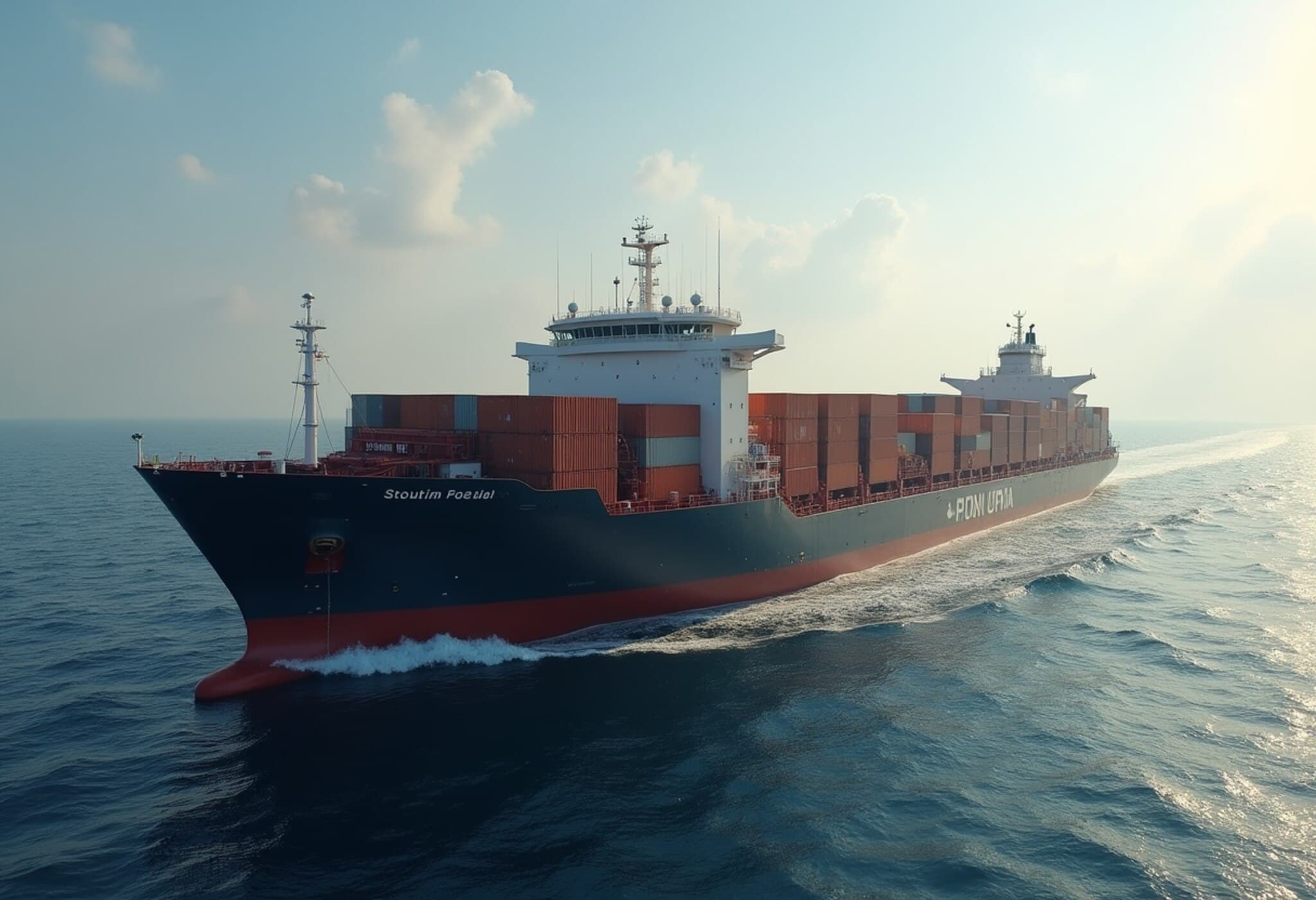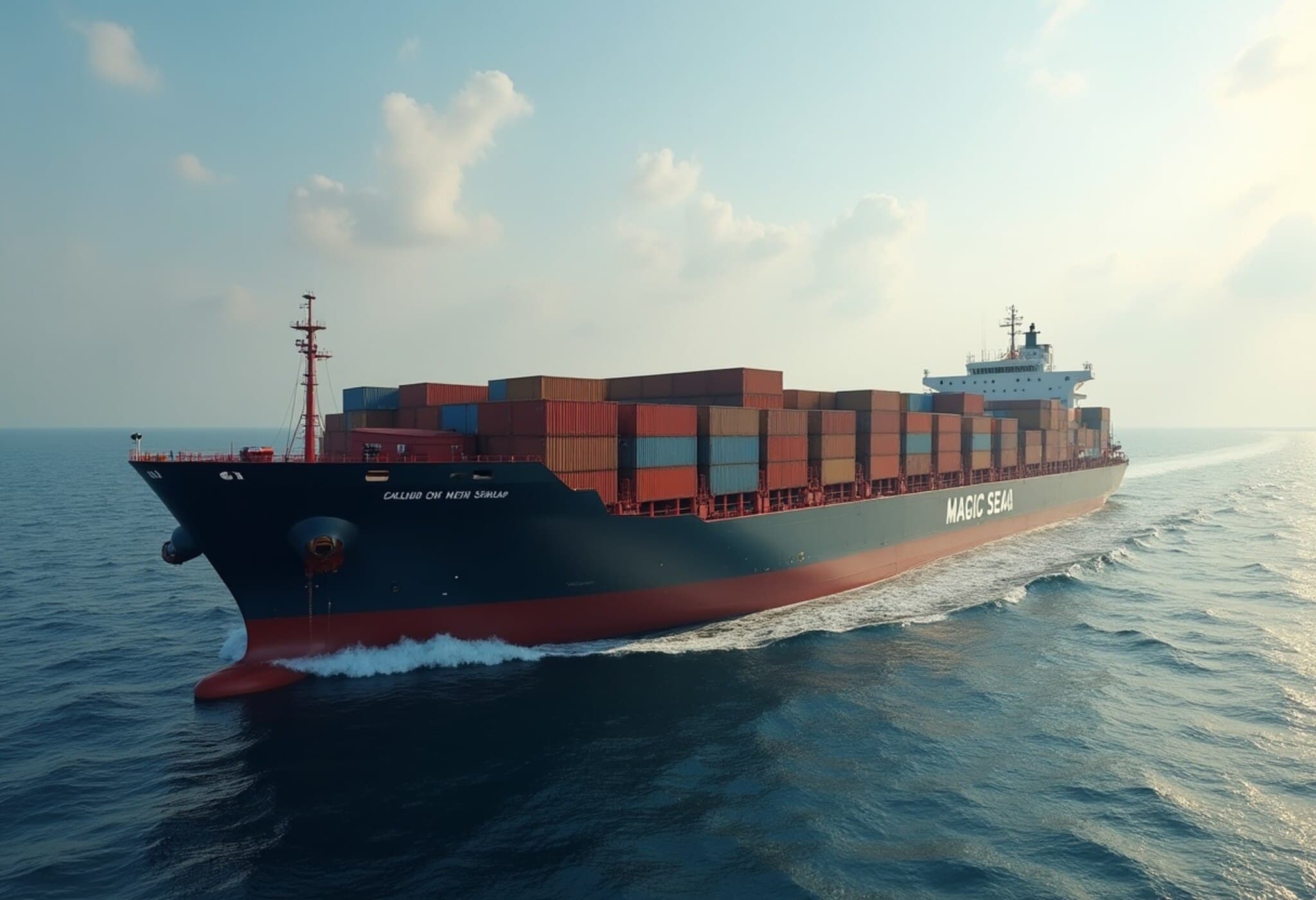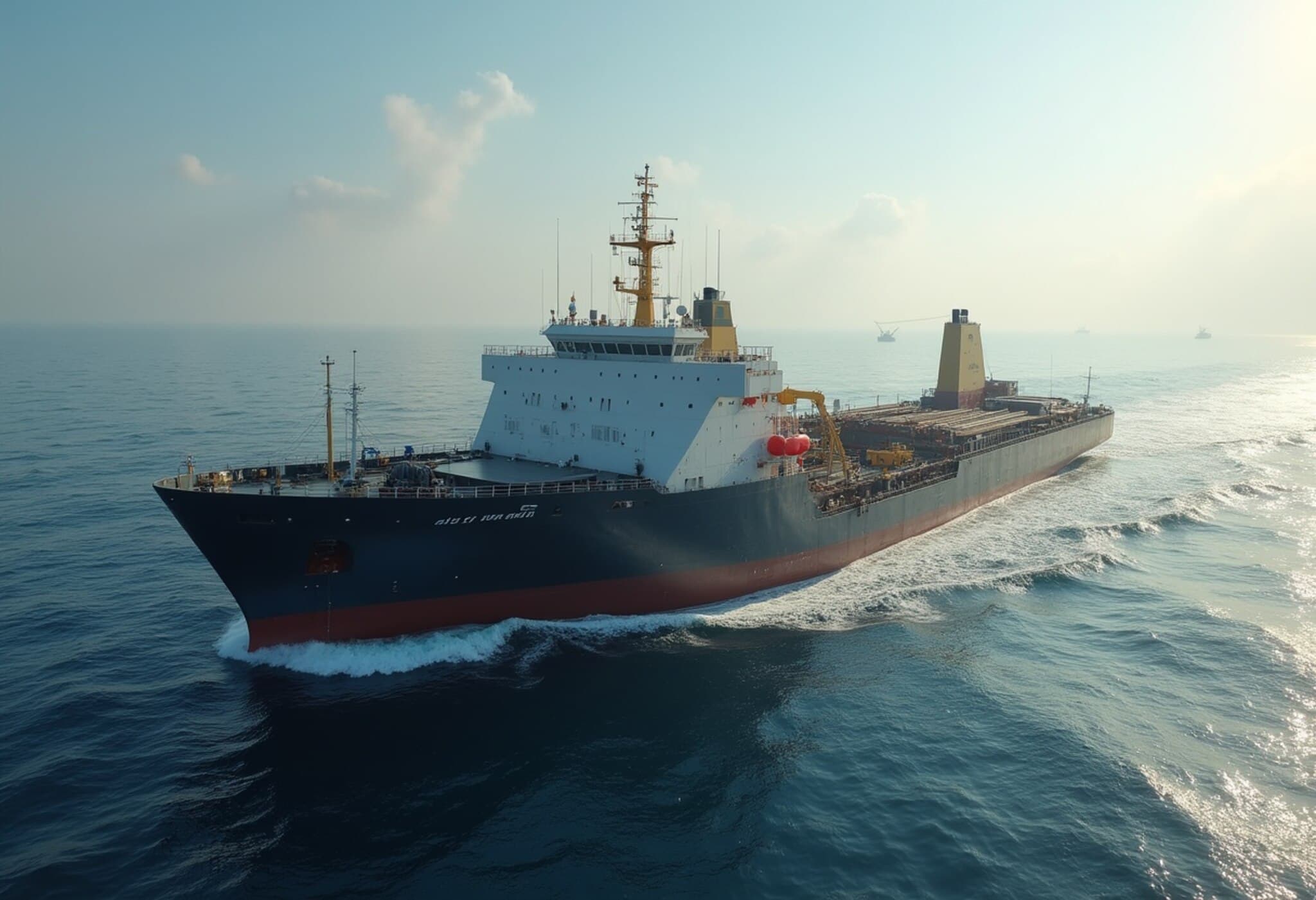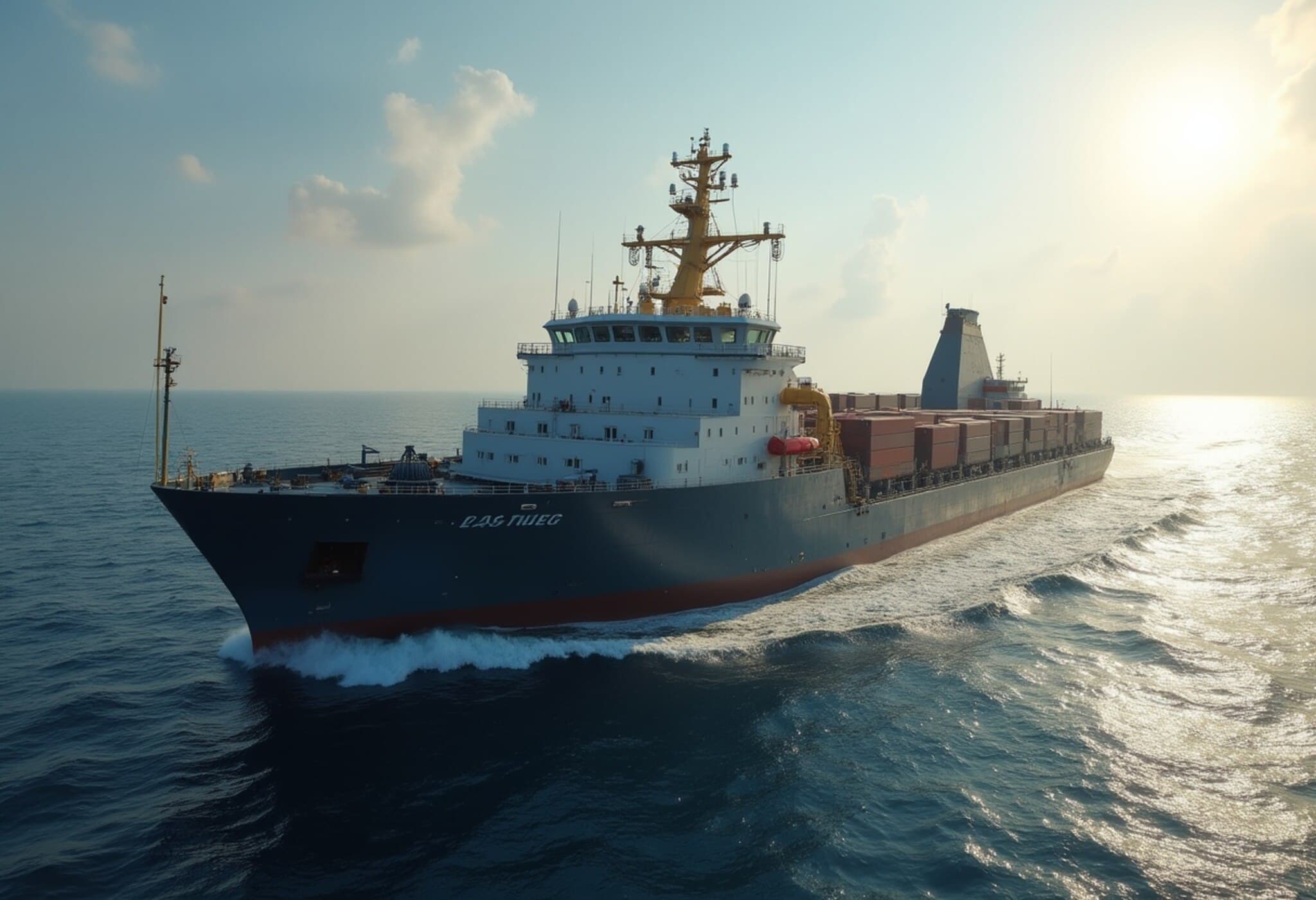Deadly Houthi Attack Sinks Second Cargo Ship in the Red Sea Within a Week
In a troubling escalation of maritime unrest in the critical Red Sea shipping lane, at least four crew members have been confirmed dead and 15 others remain missing following an attack by Yemen-based Houthi militants. The assault targeted the Liberian-flagged, Greek-operated cargo vessel Eternity C, marking the second such strike on commercial shipping in just seven days.
Details of the Attack and Rescue Efforts
The Eternity C sustained extensive damage after being hit by rocket-propelled grenades fired from small boats on Monday, which caused its propulsion systems to fail. Despite these severe damages, the ship remained afloat until Wednesday when it eventually sank, according to the United Kingdom Maritime Trade Operations (UKMTO).
During the rescue operation, six crew members were pulled alive from the waters after enduring over 24 hours adrift. The fate of 15 others remains unknown, fueling concern about their welfare amidst ongoing maritime security challenges.
Political and Humanitarian Dimensions
The United States mission in Yemen promptly condemned the attack, accusing the Houthis—who receive backing from Iran—of not only carrying out the strike but also reportedly kidnapping several surviving crew members. The militants confirmed they took an unspecified number of crew to a "safe location," citing the ship’s alleged destination to Israel as justification.
A televised statement from the Houthis’ military spokesperson claimed that the Yemeni Navy had rescued and provided medical aid to some crew members, emphasizing their claims of humane treatment. Meanwhile, the Philippines government revealed that 21 of the crew were Filipino nationals, alongside one seriously injured Russian crew member who suffered the amputation of a leg.
Context: Maritime Security Threats in the Red Sea
This latest incident follows a similar attack earlier in the week on the cargo ship Magic Seas, also Liberian-flagged and Greek-operated. The Houthis utilized both drones and missiles during that strike, accusing the vessel’s operating company of violating a port entry ban related to Palestine. Such actions underscore the growing volatility in a shipping corridor that handles nearly 10% of global maritime trade, including a vast proportion of energy shipments into Europe and Asia.
Experts warn that these repeated attacks could severely disrupt global shipping routes, increasing insurance premiums and forcing costly rerouting. For nations reliant on uninterrupted maritime commerce—such as the United States and its allies—the Houthis’ hostile acts signal not only a regional conflict but a growing geopolitical flashpoint with far-reaching economic implications.
What Lies Ahead?
- International naval collaborations are intensifying patrols to safeguard vessels passing through the Red Sea.
- Ongoing diplomatic efforts seek to de-escalate tensions, but solutions remain elusive amid the broader Yemen conflict.
- Shipping companies and insurers are reassessing risk strategies to protect crews and cargo from emerging threats.
The events raise critical questions about the safety of international waters and the humanitarian responsibilities amid armed conflict at sea. They also highlight the vulnerability of civilian maritime personnel caught in the crossfire of proxy wars and regional hostilities.
Editor’s Note
The sinking of the Eternity C illustrates a grim new chapter in maritime insecurity within one of the world’s busiest shipping corridors. This incident not only jeopardizes human lives but threatens to ripple through global supply chains, affecting economies far beyond the conflict zone. As the international community grapples with balancing political military responses and humanitarian considerations, the safety of shipping routes like the Red Sea will remain a critical barometer of global stability and cooperation.














